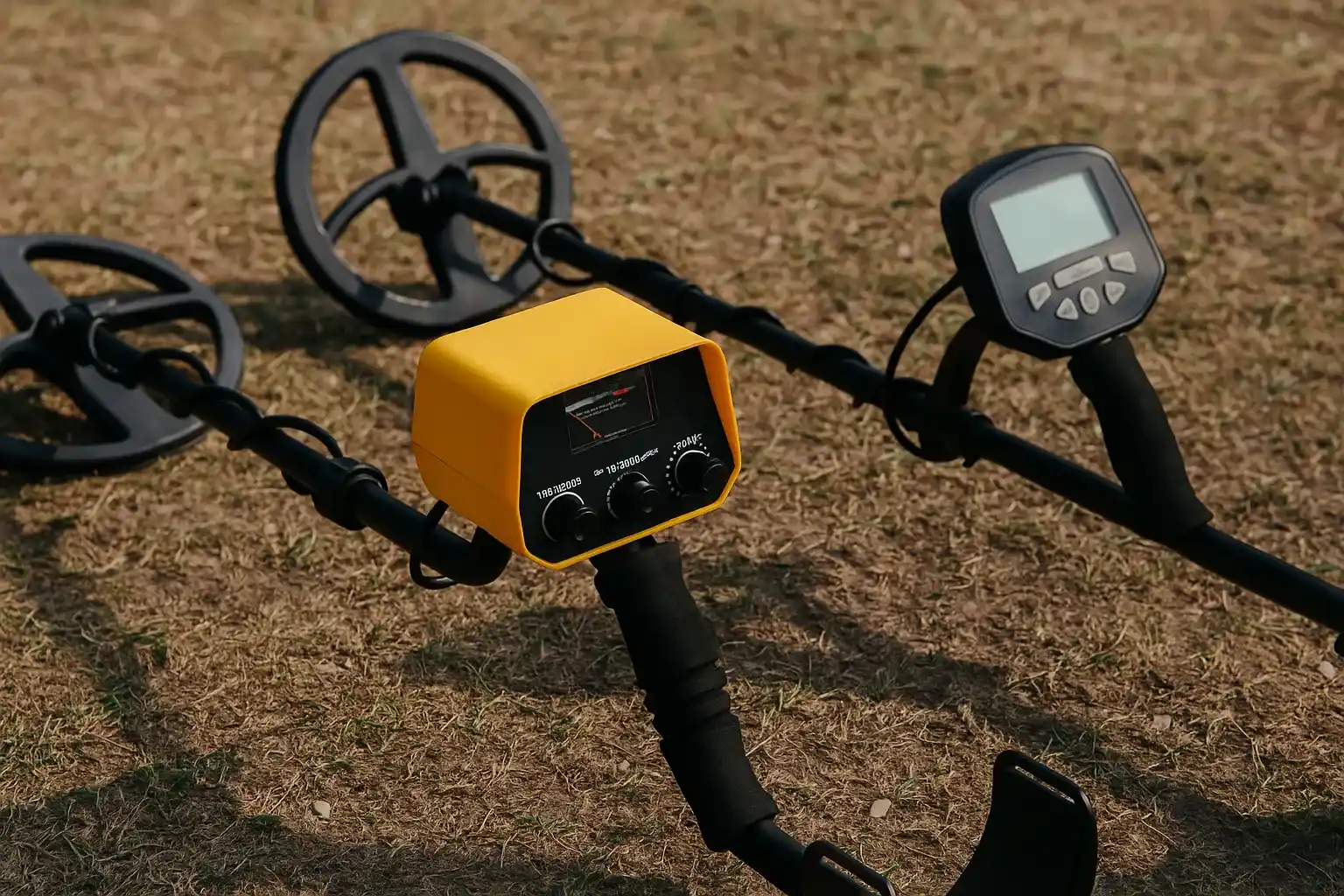For years, treasure hunters, hobbyists, and professionals have relied on detectors to uncover what lies beneath the ground. Yet, one question often arises: what’s the difference between a gold detector and a metal detector? While the two devices may look similar at first glance, their functions, technologies, and applications set them apart. Understanding these differences can help you make the right choice depending on whether you’re searching for coins, relics, or precious gold nuggets.
The Basics of Metal Detectors
Metal detectors are versatile tools designed to detect a wide range of metallic objects. Whether it’s coins, relics, jewelry, or scrap metal, these devices send an electromagnetic signal into the ground and react when that signal is disturbed by a metallic object. Most general-purpose metal detectors work effectively for casual treasure hunting on beaches, parks, or historical sites. They are affordable, widely available, and user-friendly, making them ideal for beginners.
However, metal detectors don’t discriminate very well between different types of metals. That means a user may find themselves digging up everything from bottle caps to rusty nails in pursuit of a valuable coin. For those specifically targeting precious metals like gold, a standard detector may not be enough.
What Makes Gold Detectors Unique
Gold detectors are specialized devices engineered to locate small gold nuggets or veins buried deep underground. They typically use higher frequencies than standard metal detectors, which makes them far more sensitive to small, low-conductivity metals like gold. This heightened sensitivity is crucial for prospectors who often work in mineral-rich soils where signals can be hard to distinguish.
Another key distinction is their ability to filter out unwanted signals from iron-rich ground, often referred to as “mineralization.” While a regular metal detector may struggle in such conditions, advanced gold detectors are designed to minimize interference, making them far more reliable in regions where gold is naturally found.
Technology and Features Compared
When comparing the two, metal detectors rely heavily on general VLF (Very Low Frequency) technology. This works well for coins and relics but can be less effective for detecting fine gold. Gold detectors, on the other hand, often include advanced technologies such as Pulse Induction (PI) or specialized VLF systems tuned for small targets. These technologies allow prospectors to detect gold nuggets that might be invisible to a regular detector.
Additionally, gold detectors usually come with features like ground balancing, depth indicators, and enhanced sensitivity controls. While this makes them more complex to operate, it also provides users with a precision tool capable of distinguishing between real gold and background noise.
Practical Use and Applications
Metal detectors are excellent for hobbyists who enjoy casual treasure hunting or historical exploration. A weekend at the beach or a day at an old battlefield can yield fascinating finds. They are accessible, cost-effective, and widely supported by communities of enthusiasts.
Gold detectors, in contrast, are investment tools for serious prospectors. They are used in gold-rich regions where people dedicate time and effort to finding natural gold deposits. These detectors are often heavier, more expensive, and require more training to use effectively, but the rewards can be significant for those willing to put in the effort.
Cost and Accessibility
One of the most noticeable differences between the two is price. A decent entry-level metal detector can cost a few hundred dollars, while a high-quality gold detector often starts much higher, sometimes reaching into the thousands. This price difference reflects the specialized technology, durability, and precision required for gold prospecting.
For beginners who are simply curious, a metal detector is a great starting point. For those who are serious about gold hunting and want to maximize their chances in mineral-rich environments, investing in a gold detector may be the wiser choice.
Final Thoughts
So, what sets gold detectors apart from metal detectors? In short, metal detectors are general-purpose tools designed to find a wide variety of metals, while gold detectors are specialized instruments engineered to target gold with greater sensitivity and accuracy. Choosing between them depends entirely on your goals. If you’re after coins, relics, or jewelry, a standard metal detector will serve you well. If your dream is to uncover hidden gold nuggets, then a gold detector is the tool you need.
Both devices open the door to adventure and discovery, but by understanding their differences, you’ll know which path to take in your treasure-hunting journey.





